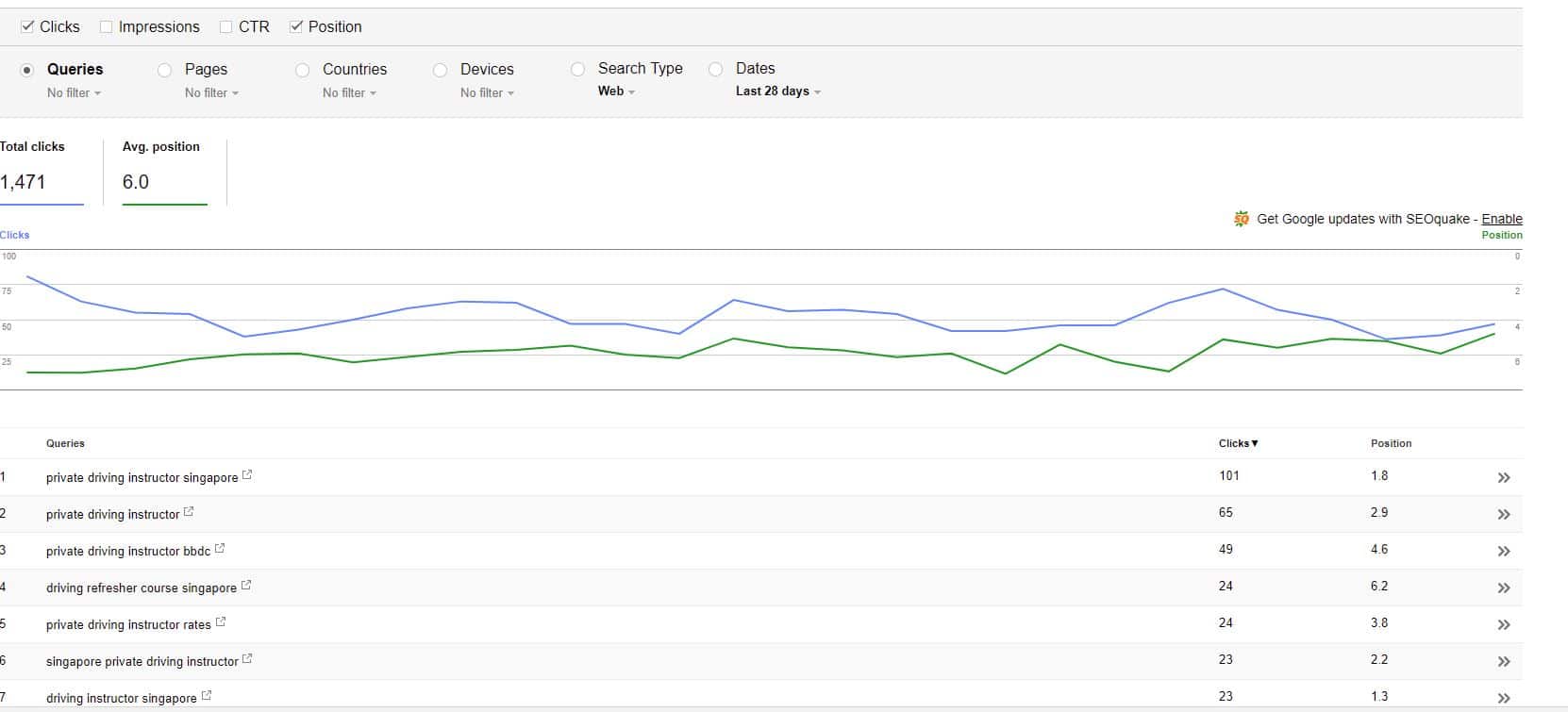What Are LSI Keywords?

Latent Semantic Indexing or LSI basically means keywords or phrases that have resemblance to your main keyword. Contrary to belief, they do not necessarily mean synonyms but rather different keywords that help to substantiate what you are talking about. The reason why we are talking about this today is because Google uses LSI keywords and phrases to link your website to different keywords. This helps your website to rank better and also to rank for a bigger range of keywords in general.
Whenever you are talking about a specific topic such as cars. You will definitely dive into specifics such as doors, air-con systems, engine systems and even tyre choices. These are just simple examples of different LSI keywords that Google uses to “check” if your article is comprehensive. While on the same topic, if you are talking about insurance, accidents and coverage, Google can then link your article towards the insurance industry.
From this knowledge, you can effectively target your website for certain keywords if you spread these LSI keywords across your website. Alternatively, some people choose to cover a very broad niche. From this, you can build an authority website from a whole slew of different articles on the specific topic. LSI is part of Onsite SEO which you can implement for your website to achieve a better ranking on the search engine ranking page.
Why are LSI keywords Essential?
LSI keywords help Google identify what your article is all about. By linking associated keywords with one another, Google is then able to decipher what niche you are writing about and also score your article according to it’s relevance. Of course, these keywords most be accompanied with substantial research on the topic and readable text. In the past, people used to keyword spam in order to trick Google’s algorithm. Thankfully these methods do not work now with the level of sophistication Google has achieved.
How To Find the Right LSI Keywords?

There is a simple website which helps you to find LSI keywords for your niche. However, while it is free, it is important to take the information with a pinch of salt. As a general rule, never follow what you find on the internet without doing your own testing. If you want to experiment, always use a few keywords first to test the result. You can also use Google Webmaster or Google Analytics to see how effective you are in targeting the appropriate keywords. Google automatically generates keywords that are associated with your website once it has crawled through your website. You can also see the position of specific keywords and the impressions from searchers.


Leave a Reply
Want to join the discussion?Feel free to contribute!